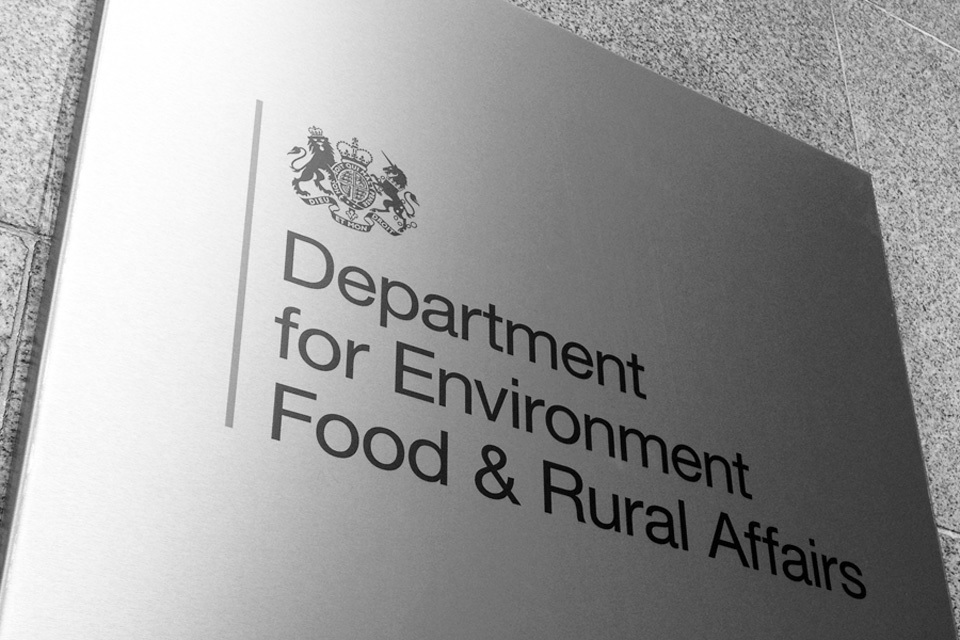The Medicines and Healthcare products Regulatory Agency (MHRA) has approved the medicine acoramidis (Beyonttra) to treat adult patients with cardiomyopathy (damage to the heart muscle) caused by variant or wild-type transthyretin amyloidosis (ATTR-CM).
Acoramidis has been approved via a fast-track approval process for medicines, known as the International Recognition Procedure (IRP), following approval by the European Medicines Agency (EMA) earlier this year.
In patients with cardiomyopathy resulting from transthyretin amyloidosis, a protein called transthyretin (TTR) does not work properly, causing it to break up and form fibrous clusters called amyloids. When amyloids form in the heart, the heart muscle stiffens, and the heart can no longer work normally.
The active substance in this newly approved medicine, acoramidis hydrochloride, works to slow down the progression of ATTR-CM by stabilising the TTR protein to help prevent it from breaking apart and forming amyloids.
In the UK, there are estimated to be around 600 people with wild-type ATTR-CM, which mainly affects older individuals and is more common in men, and 200 people with hereditary ATTR-CM.
Julian Beach, MHRA Interim Executive Director, Healthcare Quality and Access, said
“Keeping patients safe and enabling their access to high quality, safe and effective medical products are key priorities for us.
“The approval of acoramidis reflects our ongoing commitment to ensuring quicker access to medicines that can make a real difference to people suffering from serious diseases, and that have proven safety, quality and efficacy recognised by comparable international regulators.
“We’re assured that the appropriate regulatory standards for the approval of this medicine have been met.
“As with all products, we will keep the safety of acoramidis under close review.”
Acoramidis is administered orally as a tablet, twice daily. Treatment should be initiated by a doctor with experience in the management of patients with ATTR-CM.
This approval is supported by evidence from an international, randomised, double-blind, placebo-controlled clinical study involving 632 patients with either variant or wild-type ATTR-CM with symptoms of heart failure.
The medicine was shown in the study to be more effective than placebo at slowing down damage to the heart caused by the disease, with those participants given acoramidis having a 77% higher chance of experiencing a benefit than those given placebo.
Main measures of effectiveness included patients’ overall mortality rate, and frequency of hospitalisations due to cardiovascular issues over the 30-month study period. The study also recorded patients’ own measure of quality of life, changes in their serum TTR levels and NT-proBNP (a hormone released by the heart when it is stressed or under pressure), as well as changes to the distance patients were able to walk in 6 minutes.
The most common side effects of the medicine (which may affect more than 1 in 10 people) include diarrhoea, and painful inflammation in the joints (gout).
As with any medicine, the MHRA will keep the safety and effectiveness of acoramidis under close review.
Anyone who suspects they are having a side effect from this medicine are encouraged to talk to their doctor, pharmacist or nurse and report it directly to the Yellow Card scheme, either through the website (https//yellowcard.mhra.gov.uk/) or by searching the Google Play or Apple App stores for MHRA Yellow Card.
Notes to editors
-
The new marketing authorisation was granted on 24 April 2025 to Bayer plc.
-
More information can be found in the Summary of Product Characteristics and Patient Information leaflets which will be published on the MHRA Products website within 7 days of approval.
-
Acoramidis (Beyonttra) was submitted and approved via the International Recognition Procedure (IRP) following approval by the European Medicines Agency (EMA). The IRP allows the MHRA to take into account the expertise and decision-making of trusted regulatory partners for the benefit of UK patients.
-
For more information about cardiomyopathy, visit https//www.nhs.uk/conditions/cardiomyopathy/ and for more information about amyloidosis, visit https//www.nhs.uk/conditions/amyloidosis/
-
The Medicines and Healthcare products Regulatory Agency (MHRA) is responsible for regulating all medicines and medical devices in the UK by ensuring they work and are acceptably safe. All our work is underpinned by robust and fact-based judgements to ensure that the benefits justify any risks.
-
The MHRA is an executive agency of the Department of Health and Social Care.
-
For media enquiries, please contact the [email protected], or call on 020 3080 7651.







